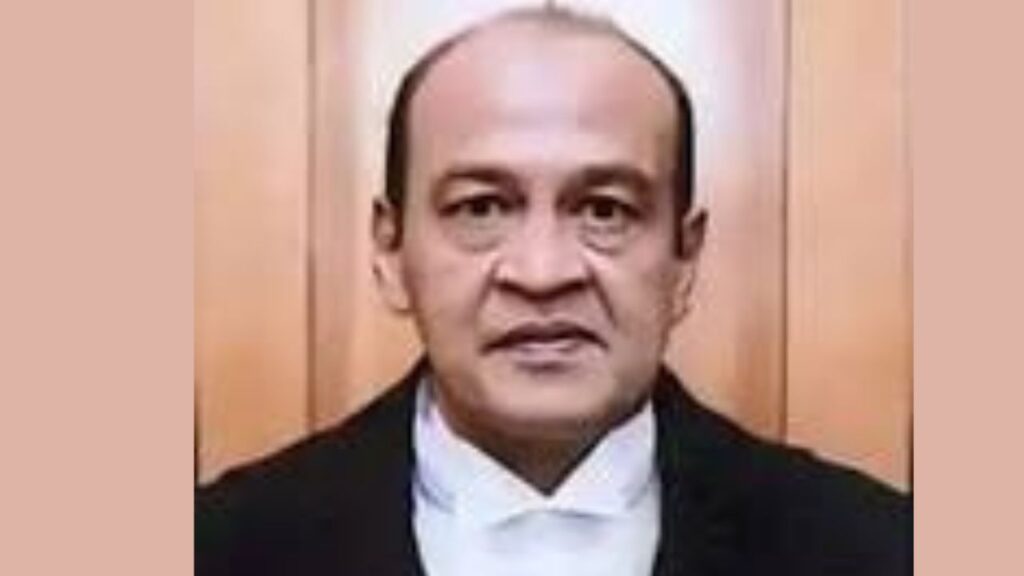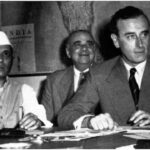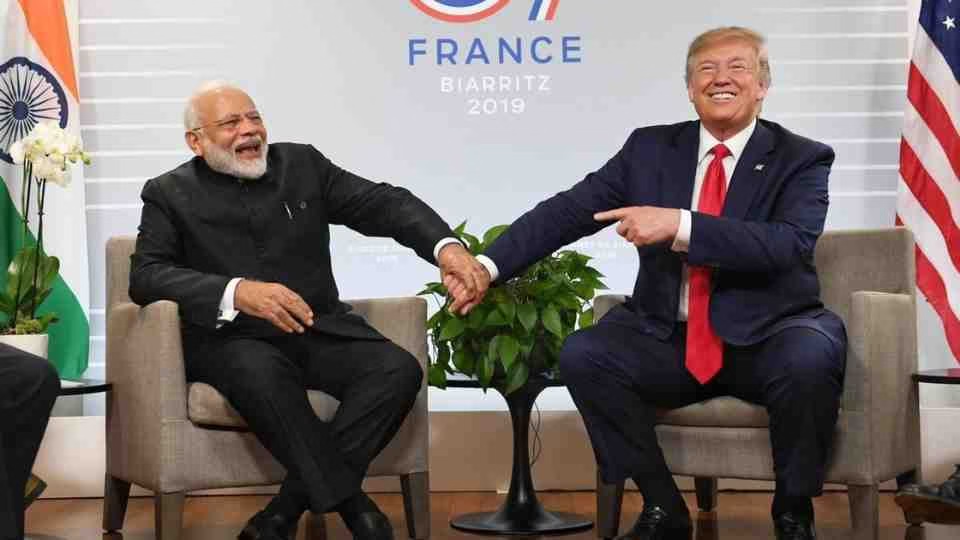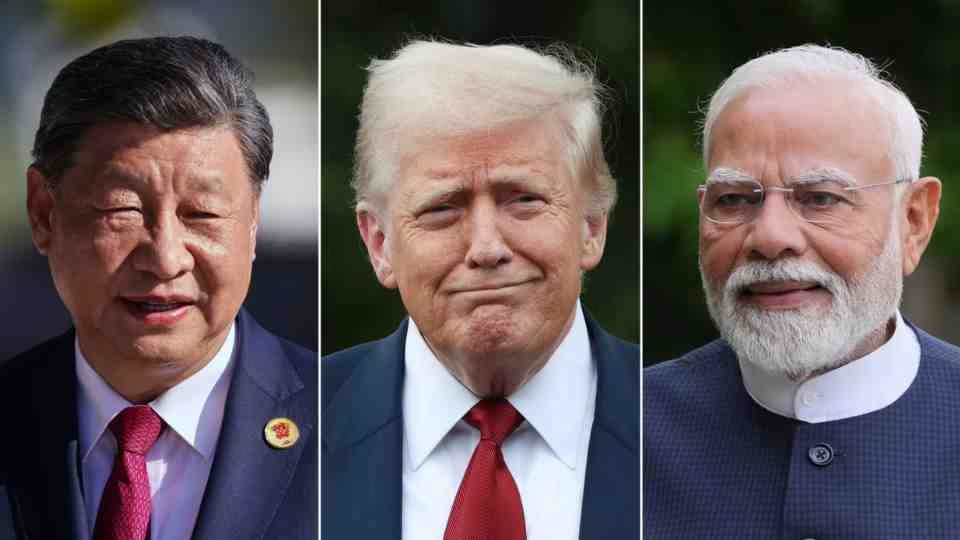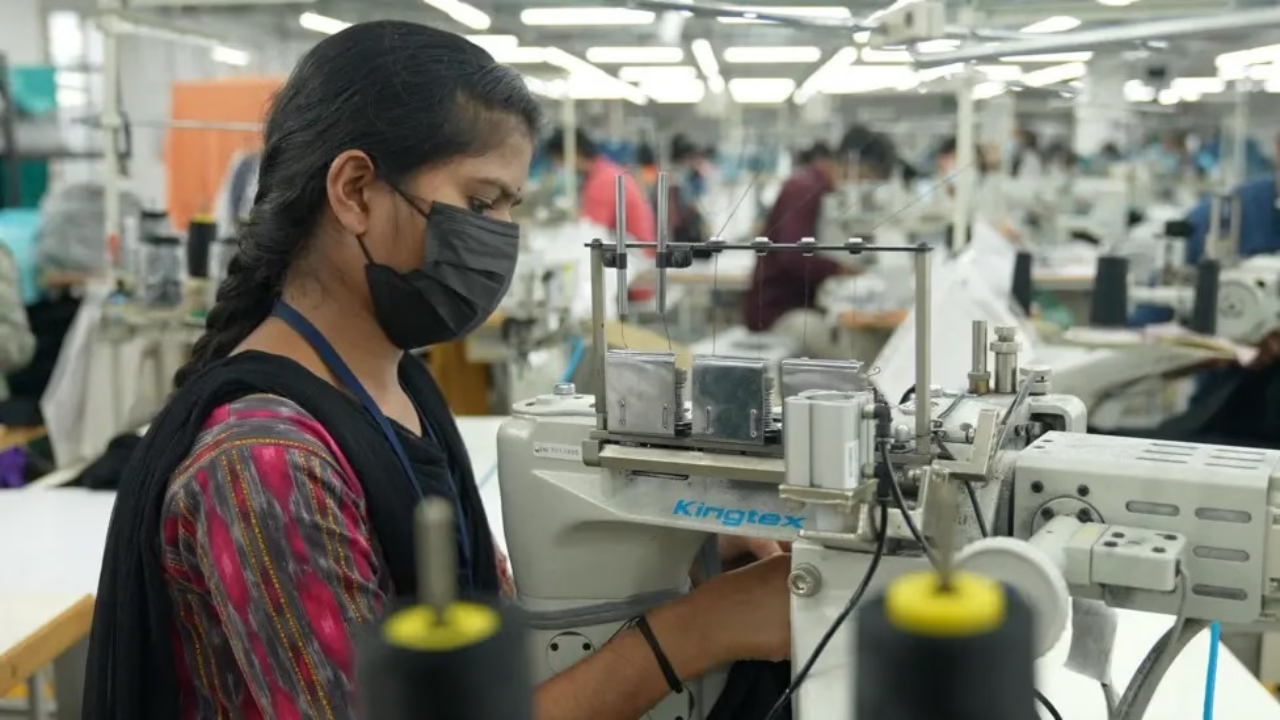At 85, Justice Jagdish Chander Verma (Retd) carries the emotional scars of the 1947 partition of British India. His story is one of unimaginable hardship, resilience, and a lifelong search for answers. “Even beasts don’t behave the way humans did then,” he says, with a tear in his eye. “Where did so much hatred come from?”
As a seven-year-old boy in Mianwali, a city now in Pakistan, Verma witnessed unspeakable violence. He recalls a neighborhood child being attacked and an iron nail hammered into his head, a memory that still haunts him. The violence forced his family to flee, but not before their family friend, a local Muslim named Mustafa Khan, stood as a human shield, preventing a mob from entering their street.
Verma’s family, which was well-off and owned a palatial bungalow, had no intention of leaving their home. But on a fateful day in September 1947, a mob of 10,000, not from the local community, attacked Mianwali. “It was our family friend Mustafa Khan who stood as a shield in our street and did not let rioters enter,” Verma recalls. The family was evacuated by an army truck, but in the chaos, young Verma was left behind. He managed to jump into another truck, only to find it filled with corpses. “I can still see the truck full of corpses,” he says, “one on another.”
The journey to India was no less harrowing. The family traveled by a goods train that was repeatedly stopped by rioters along the way. Verma remembers reaching the Attari railway station, famished and exhausted, where he snatched some bread from a kind Sikh man. The man, instead of being angry, hugged him and gave him more food for his mother and siblings. “I can never repay his debt,” Verma says.
Upon reaching Ferozepur in India, the family’s struggles continued. Verma’s mother, who had lived a comfortable life with household help, was forced to work as a domestic servant to feed her children. “Imagine how you would feel when you see your mother working as a domestic help,” Verma says, his voice thick with emotion.
From there, Verma began a remarkable journey. He cut and sold wood from jungles, worked as a proofreader, and eventually became a clerk at the Punjab Secretariat. He pursued his education through distance learning, and by 1964, he was practicing as an advocate. He went on to become a High Court judge in 1996, a testament to his sheer determination and perseverance.
Even today, Verma, now a retired judge, finds himself pondering the human cost of the partition. He says he has no desire to live in Pakistan, but he does wish to see his ancestral home in Mianwali one last time, a pilgrimage his mother, who never gave up hope of returning, could not make. He ends with a poignant reflection on the women of the partition. “They were the worst sufferers,” he says. “They were abducted, raped, held captive for years. Our sufferings are nothing in front of what women went through.”

